Current trends on plastic pollution are deeply alarming – from the statistic that a truckload of plastic enters the oceans every minute, to the depressing projection that there will be more plastic than fish in the world’s seas by 2050. We urgently need systemic change to happen at every level – from mindset shifts to the transformation of material flows and infrastructure.
The Futures Centre is currently hosting a global conversation online to find out what matters to young people for their future and that of their communities. In the first week, we asked which factors are most important to them. Top of the list, with responses from Hong Kong to Haiti, was the environment. They also shared initiatives on Instagram such as plastic-free July, encouraging voluntary action to cut waste. Could young people and their communities help bring about the change we need?
Some interesting recent signals of change are coming together in a way that suggests yes, actually, perhaps they can.
David Attenborough, whose documentaries have connected millions to the wonders of the natural world – and also the crisis it faces, has highlighted the attitudes of youth as one of his main sources of hope. While giving evidence to the UK parliament about the climate emergency, he pointed out that a generational mindset shift seems to be happening with regards to pollution, which he compares to the major mindset shift that accompanied the abolition of slavery in the 19th Century, when public perceptions shifted radically over just twenty or thirty years.
“I suspect that we are right now in the beginning of a big change. Young people in particular are the stimulus that’s bringing it about. People are understanding that to chuck plastic into the ocean is an insult. To have the nerve to say: ‘This is our rubbish. We’ll give you money and you can spread it on your land instead of ours, in the far east,’ is intolerable”.
David Attenborough’s words are borne out by an emerging wave of youth-led community activism. Plastic–free groups are both campaigning for change and providing local structures to help people be the change, all over the world. In the Bahamas, a youth-led group successfully campaigned for a ban on all single-use plastic and for the country to join the UN Clean Seas initiative. In the UK, a growing network of plastic-free schools is introducing plastic-free behaviours to local families and businesses. And while this shift is nascent, there are signs that it might be aligned with other changes in material flows that are happening in the mainstream.
When China abruptly shut its doors to importing plastic waste in early 2018, the hidden face of plastic recycling was suddenly exposed as a form of global fly-tipping, where rich nations export the majority of their poorly sorted waste to poorer nations that don’t have the facilities to deal with it and are already struggling to cope with their own waste. Grotesque scenarios abound, such as the importation of western plastic into the Cambodia town of Sihanoukhville, a place so blighted by local plastic pollution that the ocean and beach are barely visible. Elsewhere plastic is processed, burnt or buried in ways that harm the health of local residents and damage ecosystems. Recycling is now very publicly losing credibility as the main solution, and more countries such as Indonesia are now following China’s lead in rejecting shipments of contaminated waste. It is becoming very clear that attention now has to turn to reducing the waste flows, rather than off-shoring them.
Local plastic-free community groups may feel small to their members, but they are providing the space for behaviour change to start happening in right now. Added together, they have the potential for real systemic impact, not just materially, but perhaps more importantly, culturally.
Image: Bahamas Plastic Movement
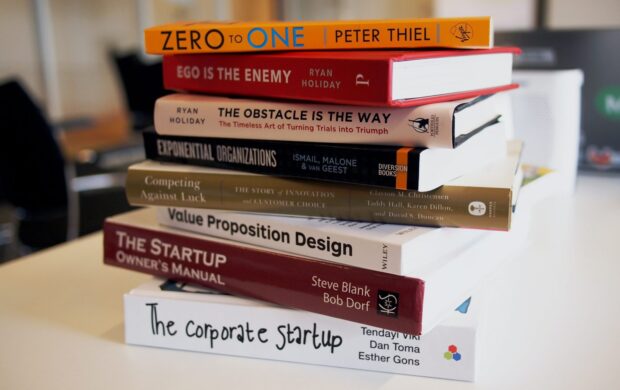


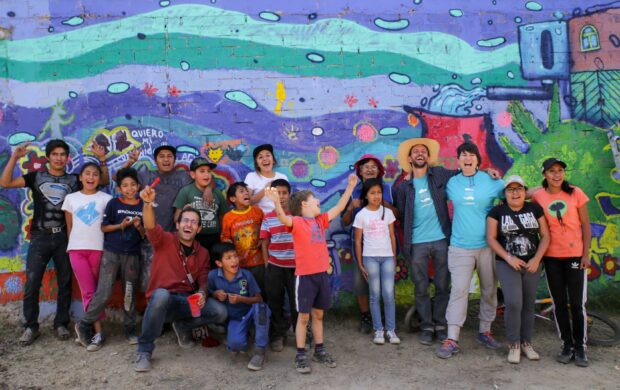

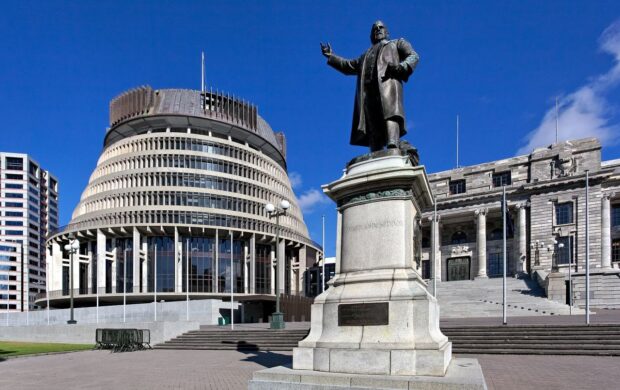




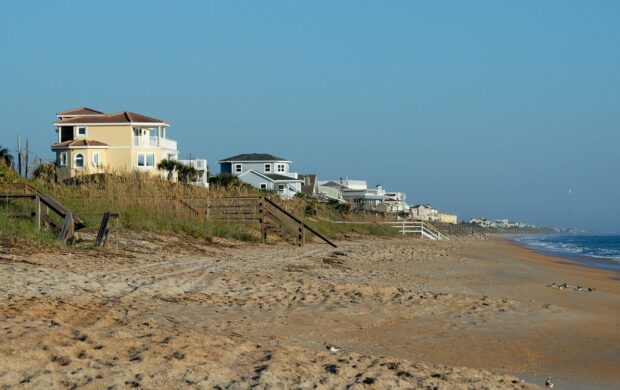
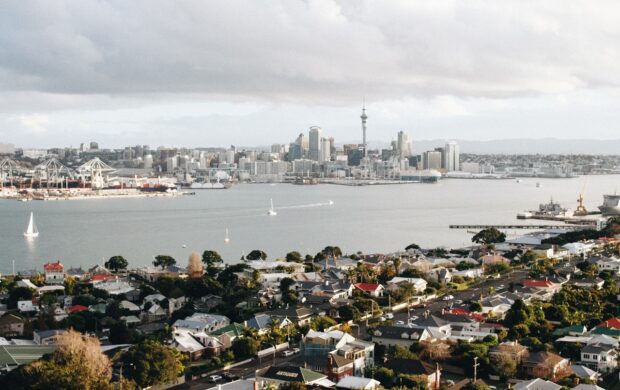
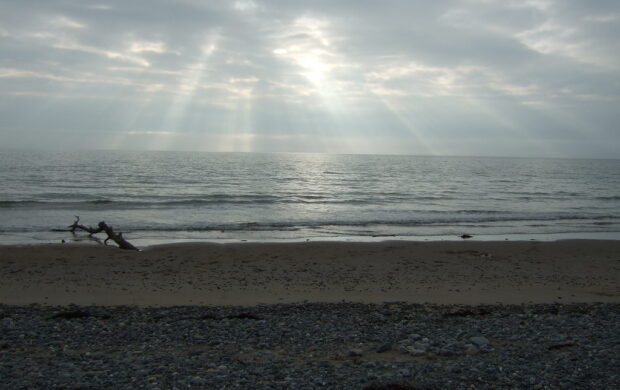


Join discussion